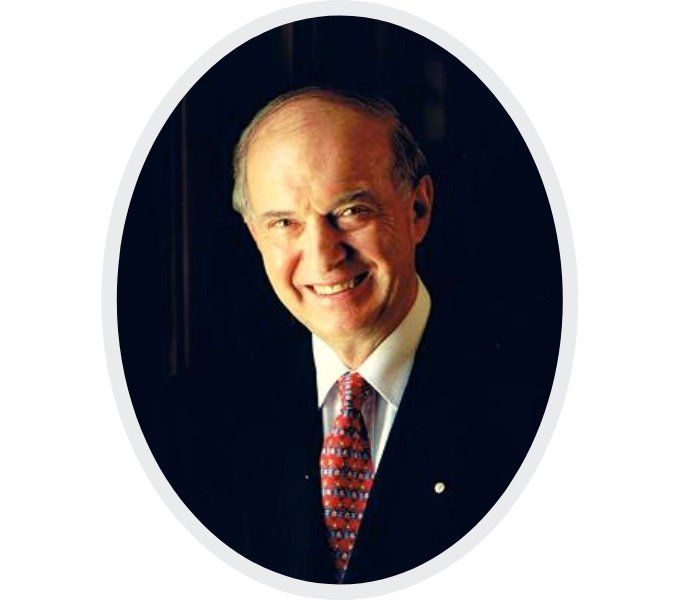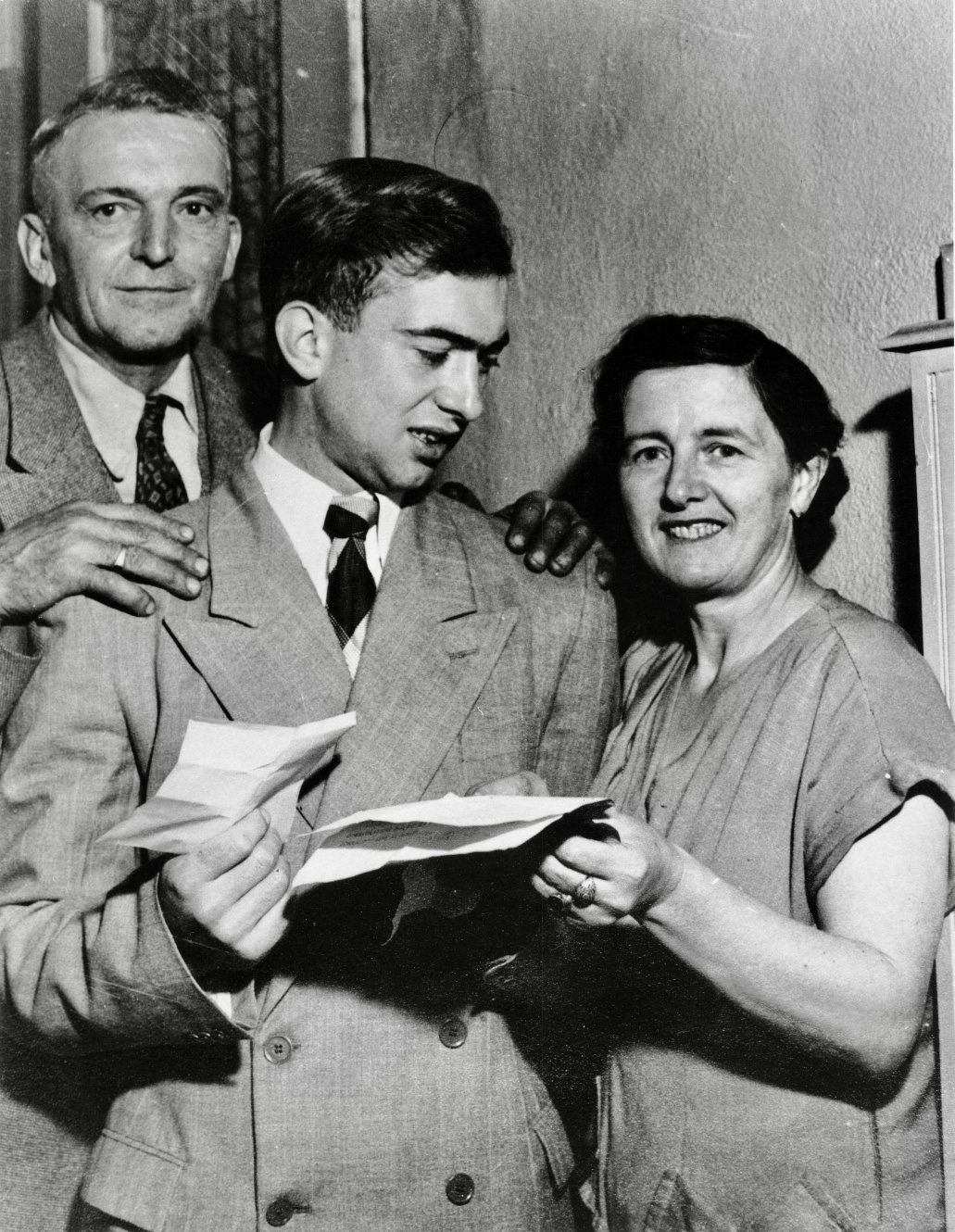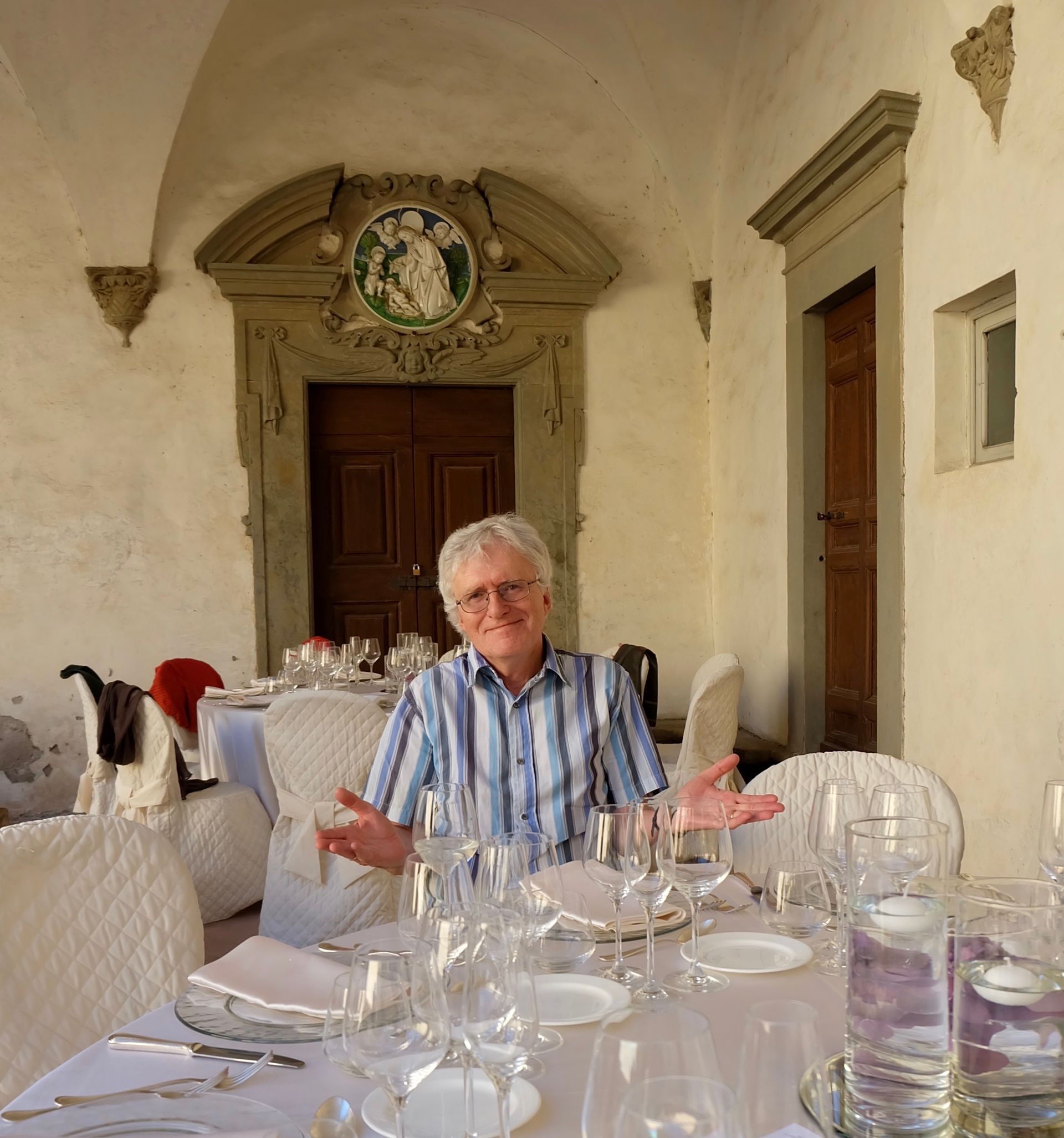Tribute to Sir James Gobbo
St Patrick's Cathedral
16 November 2021
Jim Gobbo rendered distinguished service to his country, his State, and his community, throughout his adult life. On the Friday before he was called from this life, Jim was at Caritas Christi Hospice, with a fellow Knight of the Order of Malta, inspecting works undertaken and proposed at the Hospice. As the Governor has mentioned, Sir James Gobbo was a predecessor in the office of Governor of Victoria and before that he was Lieutenant Governor. He was a Judge of the Supreme Court of Victoria. He was Chair of the National Library of Australia, of the Council for the Order of Australia, of the National Advisory Commission on Ageing, in each case for a long period of office. He was a member, chairman or patron of numerous bodies, committees and organisations established by governments. He also served with distinction many other organisations, not established by government, including the Ian Potter Foundation, The Humanities Foundation of the University of Melbourne, bodies connected with the Catholic Church, Italy, hospitals, migration, multicultural affairs, scholarships, opera, scouts and environmental causes. (He was chief scout in Victoria for 10 years, and there are photos of Jim in uniform to prove it.) His leadership of
Co. As. It, the Italian welfare agency, is a particular instance of his work for Italians in Australia. He also had a special commitment to St Vincent’s and Mercy hospitals.
Jim not only served established institutions and organisations. I wish to mention three bodies, in the work of which he was closely involved, and of each of which he was a founder. Each is connected with his cultural heritage or his Catholic faith.
In 1988, Australia’s bicentennial year, Jim was the moving force in the establishment of the Palladio Foundation, later renamed the
International Specialised Skills Institute, the purpose of which was to assist Australian artisans and craftsmen and women to travel abroad, particularly to Italy, to develop their skills. The purpose of the Institute reflects Jim Gobbo’s lifelong commitment to the basal values of our society and to encouraging skills, the exercise of which upholds those values and enriches cultural life. In his work for the Skills Institute, as in so much else, his Italian heritage is evident.
Jim was deeply committed to the work of the
Sovereign Military Hospitaller Order of St John of Jerusalem of Rhodes and of Malta. I believe the heroic 900 year history of the Order had an emotional appeal to him as a person committed to upholding the Christian heritage of European civilization. He was a founding member of the Australian Association of the Order in 1974 and in 1982 became a Knight Grand Cross of Magistral Grace of the Order. Of all his service to his Church and his community, his commitment to the work of the Order was, I believe, closest to his heart. As the Order requires of its members, Jim served his Lords, the poor and the sick, and upheld the Christian and Catholic faith. He undertook his work as a member of the Order with devotion and humility. In his 80s, on winter nights, with young companions from Newman College, and elsewhere, who knew him only as Jim, he distributed clothing and provided comfort and support to the homeless of our city. But I must emphasise that this was but one of the many practical works Jim undertook to care for the poor and the sick, in fulfilment of his vows as a member of the Order of Malta. There are many of you here today who will recall that, during Jim’s all too short term as Governor, he delivered many powerful addresses on a subject he understood so well, that is voluntary charitable and community work, the accomplishment of which strengthens community, assists those facing difficulties in life, and yields great satisfaction to the volunteer.
In 1985 Jim was asked by Sister Fabian Elliott to chair
Caritas Christi Hospice, which provided palliative care. At about the same time, the Order of Malta, in association with the Hospice, began to provide home-based palliative care and a new day centre was built at the Hospice, again with the assistance of the Order of Malta. Ultimately, under Jim’s leadership, a partnership was established between the Order of Malta, the Sisters of Charity Health Service and Melbourne Eastern Palliative Care, which is known as
Eastern Palliative Care Association and is the largest provider of palliative care services in Victoria. Jim was not content to establish the organisational basis for palliative care. He was, until his death, involved personally in the provision of care. A work which was of particular satisfaction to him, was to visit those in care to record their life stories and to provide a written version to their families and others.
Jim Gobbo practised as a barrister for more than 20 years before he was appointed to the Supreme Court of Victoria. He was a sought-after advocate, especially in the field of town planning law. But one case which I wish to mention was far removed from town planning and property development: In 1965 Jim was counsel for the Commonwealth to support the case that aboriginal stockmen be entitled to “full”, that is equal, pay and conditions. This case was conducted over about six months, and Jim came to realise the historic significance of the case, for Aborigines and for all Australians. It affected his views about aboriginal Australians, assimilation of minorities, migration and other matters and influenced his public service thereafter.
Jim’s work in the field of migration is well known. Not so well recognised is his role in the dismantling of the White Australia Policy. As his memoirs reveal, in 1959, Jim was active in the
Immigration Reform Group which, on at least one occasion, met at 1101 Drummond Street, North Carlton, the Gobbo home. The group opposed the White Australia Policy. Jim had a direct influence on Australian migration policies when Malcom Fraser, in 1975, asked him to join the Federal Immigration and Population Council. At that time Australia had to confront the refugee crisis following the Vietnam War. The change in the ethnic composition of our population in the last 40 years is a profound change in our nation. Jim Gobbo was an architect of that change.
Jim Gobbo was a great and good man. He was supported and enabled in all he did, for 64 years, by Shirley, his companion in life, who shared in the projects and works I have mentioned, and, of course, much else. We remember Jim today. He will remain an inspiration to do good. May he rest in peace.
Allan Myers AC, QC












